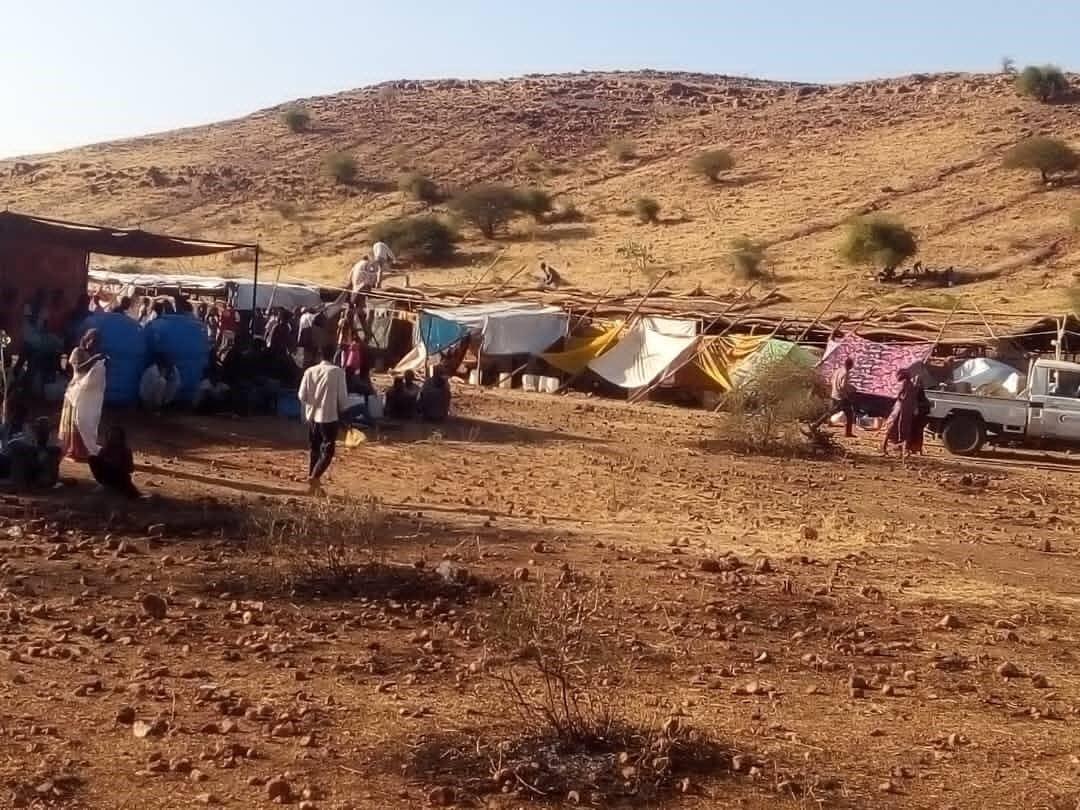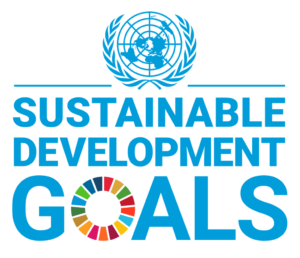
TIGRAY, 19 November 2020 – Over 5,000 new Ethiopian refugees registered in Sudan within a day with a total of 28,286 individuals comprising of female and male of different ages.
Out of them, 17,488 refugees are at Hamdayet, 9,911 at Lugdi, 209 at Abdrafi border point, and 678 at Blue Nile State.
Considering the emerging civil war situation, Tigray’s residents have started reaching the boarding country Sudan for safety.
The United Nations High Commissioner for Refugees (UNHCR), United Nations Children’s Fund (UNICEF), and World Food Programme (WFP) provided the refugees at Hamdayet transit centre with clean drinking water in barrels and water tanks, tents, food, and additional items.
UNHCR and Commissioner for Refugees (COR) relocated a total of 2,493 refugees from Hamdayet transit centre to the new settlement site in Um Raquba with a site capacity of 6,500 individuals.
There is an urgent need to assessing potential new settlement sites to accommodate the high influx of refugees expected in the coming weeks to ease the pressure at the transit centres and be able to address their necessities.
The new arrivals are placed in Almedinah village of Alfashaga locality which also serves as a reception centre for a short stay of 72 hours.
About 6,000 new arrivals entered in Kassala state through Ahumara agreed to be moved to Um Raquba old refugee camp in East Galabat, Gadaref state.
The urgent needs are including food items such as sugar, flour, cooking oil, beans, ready-to-eat meal, emergency water tank with pipe connection, hygiene kits, trench latrines or identification of defecation area, and insecticide for vector control.
The medical team comprising of the Ministry of Health in Gadaref state and Sudanese Red Crescent (SRC) provided drugs, plastic sheets, sprayers, chlorine for water disinfection, and exploring the treatment of minor medical cases.
UNHCR reported that buses are ready to move those new arrivals to the identified site.
Islamic Relief is currently aligning its response with the government and other operational partners to ensure immediate support to the affected people, apart from developing an Emergency Response Plan consisting of water, sanitation and hygiene (WASH), food security, and non-food items in response to the emerged emergency and outgrown needs.




